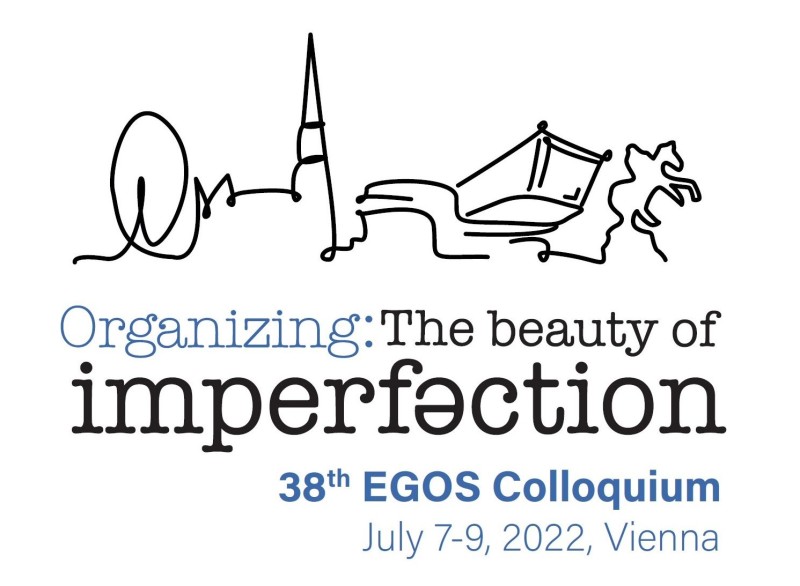Sub-theme 76: Towards a Multispecies Organizational Ethnography ---> MERGED with sub-theme 74
Call for Papers
Scientific evidence nowadays leaves no doubt that humans differ from animals only in degree and not in kind (see among
many others the many works of Frans de Waal, including his latest 2019 publication on the subject; the extensive work of Marc
Bekoff, including his 2008 book; Safina, 2016; and many others). Human exclusivity and anthropocentrism therefore no longer
hold, and hence non-human animals need to be included, and their absences and invisibilities problematized, in organization
studies, and in organizational ethnography in particular because of its sense making sensibility (Wels, 2015).
However, taking non-human animals as serious participants or ‘respondents’ in organizational ethnography, in the same ways
that humans are part of such research, comes with huge theoretical and methodological challenges. The anthropocentrism and
logo centrism of conventional organizational ethnography has actually not really equipped us with tools to answer these intellectual
challenges. Nonetheless, attempts are made to rectify this reductionist approach and include the non-human animal in the (organizational)
research practice (see two recent special issues on ‘the animal’ in Organization in 2016 and in Culture and Organization
in 2018).
This sub-theme lives up to the overall EGOS Colloquium 2021 theme on ‘inclusivity’, by exploring
ways to make organizational ethnography more inclusive by including non-human animals as fellow sense making sentient beings,
next to humans. We invite papers that take up the challenge and dare explore one of the following topics:
Theoretical challenges for including non-human animals in organizational studies/ethnography
Methodological challenges for including non-human animals in organizational studies/ethnography
Agency of non-human animals in organizations
Power and resistance of non-human animals in organizations
Non-human animals and organizational culture
Non-human animals and sense making in organizations
Non-human animals and discourse analysis
Organizational identity politics and the non-human animal
Multispecies ethnography, climate change, and biodiversity
References
- de Waal, F. (2019): Mama’s Last Hug: Animal Emotions and What They Tell Us About Ourselves. New York: W.W. Norton & Company.
- Safina, C. (2016): Beyond Words: What Animals Think and Feel. New York: Picador.
- Wels, H. (2015). ““Animals like us”: Revisiting organizational ethnography and research.” Journal of Organizational Ethnography, 4 (3), 242–259.


